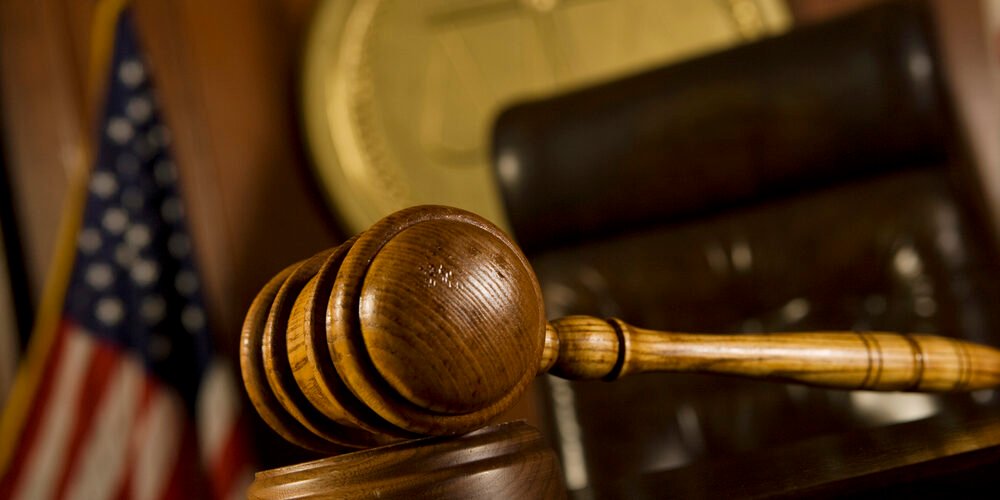Drug-related offenses in New Jersey fall under various categories, with drug possession and drug distribution being two of the most common charges. While both involve illegal substances, they are treated differently under the law, with distinct legal consequences and penalties. Understanding the differences can help you better navigate the legal process if you or someone you know is facing such charges.
Drug Possession Charges
Definition: Drug possession refers to having illegal drugs or controlled substances in your personal possession or control. This can include substances such as marijuana, cocaine, heroin, or prescription drugs without a valid prescription.
Key Elements: To convict someone of possession, the prosecution must prove:
- The substance in question is illegal or controlled.
- The individual knowingly possessed the substance.
- The individual had control over the substance, either physically (on his/her person) or constructively (in his/her home, vehicle, or personal belongings).
Penalties: Penalties for possession in New Jersey depend on the type and quantity of the drug. For example:
- Marijuana: Possession of less than six ounces is decriminalized for adults but may result in fines or other consequences for specific violations.
- Cocaine or Heroin: Possession is a third-degree crime, punishable by 3-5 years in prison and fines up to $35,000.
Drug Distribution Charges
Definition: Drug distribution refers to the act of selling, distributing, or intending to distribute illegal drugs. This charge is more serious than possession, as it implies the drugs are being supplied to others.
Key Elements: The prosecution must prove:
- The individual possessed illegal drugs with the intent to distribute them.
- There was evidence of distribution or intent, such as large quantities of drugs, packaging materials, scales, or large amounts of cash.
- Transactions involving the transfer or sale of drugs occurred or were planned.
Penalties: Penalties for drug distribution in New Jersey vary based on:
- The type and quantity of the substance.
- The location of the offense (e.g., near a school or park incurs enhanced penalties).
- Whether minors were involved in the distribution.
Examples of penalties include:
- Less than 1/2 ounce of heroin or cocaine: Third-degree crime with 3-5 years in prison and up to $75,000 in fines.
- Over 5 ounces of heroin or cocaine: First-degree crime with 10-20 years in prison and up to $500,000 in fines.
Key Differences Between Possession and Distribution
| Aspect | Possession | Distribution |
| Definition | Having drugs for personal use. | Selling, transferring, or intending to distribute drugs. |
| Quantity of Drugs | Typically, smaller amounts for personal use. | Larger amounts, suggesting intent to sell or distribute. |
| Evidence Required | Drug must be knowingly in the individual’s control. | Evidence of intent to distribute (e.g., packaging, scales, cash). |
| Penalties | Typically, less severe than distribution charges. | More severe penalties, including longer prison sentences and higher fines. |
Possession With Intent to Distribute
A charge often bridging the gap between possession and distribution is possession with intent to distribute. This applies when someone is found with drugs in quantities or circumstances that imply they intended to sell or share them. Evidence such as text messages, baggies, or large sums of cash can elevate a simple possession charge to possession with intent.
Defending Against Drug Charges
Whether you are charged with possession or distribution, the consequences can be life-altering. Common defenses include:
- Challenging the legality of the search and seizure.
- Questioning the evidence of intent to distribute.
- Proving the substance was not under your control or knowledge.
How Ziegler Law Group LLC Can Help
At Ziegler Law Group LLC, we provide aggressive and strategic representation for individuals facing drug charges in New Jersey. Our attorneys are skilled in analyzing the evidence, identifying procedural errors, and crafting strong defense strategies tailored to your case.
Do not face these charges alone. Contact us today for a confidential consultation to discuss your case and start building your defense.






